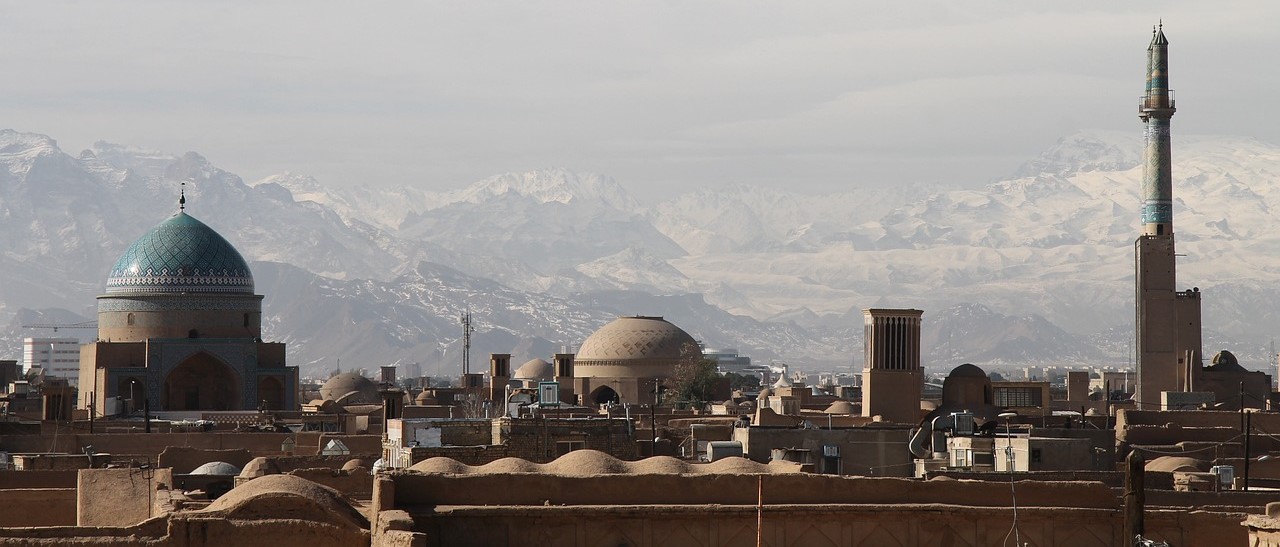Iranian pop star Tataloo has been sentenced to death on appeal by Tehran’s First Criminal Court for “insulting Prophet Muhammad.” The escalation from an initial five-year imprisonment reflects a severe crackdown on artistic expression and dissent in Iran.
Iran court sentences singer to death for blasphemy

Key Takeaways:
- Tehran court escalates Tataloo’s sentence from imprisonment to death on blasphemy charges
- The singer is known for his outspoken political views and influence among youth
- Tataloo was extradited from Turkey to Iran in December 2023
- His case highlights Iran’s suppression of artistic freedom and high execution rates
- International concerns grow over Iran’s human rights practices
Iranian Singer Tataloo Sentenced to Death on Blasphemy Charges
Tehran Court Issues Death Sentence on Appeal
Tehran’s First Criminal Court has sentenced popular Iranian singer Amir Hossein Maghsoudloo, known professionally as Tataloo, to death on charges of blasphemy for “insulting Prophet Muhammad.” The death sentence was handed down on appeal after prosecutors rejected the original verdict of a five-year imprisonment.
An Outspoken Voice in Music
At 37 years old, Tataloo has amassed a significant following, particularly among Iran’s youth, for his music that often includes bold political statements. His lyrical content and lifestyle have increasingly clashed with Iran’s conservative values.
In 2015, Tataloo released a song supporting Iran’s nuclear program, which aligned with the government’s stance at the time. This brief alignment with conservative politicians aimed to appeal to younger audiences. However, his continued divergence from state-approved messaging led to growing tensions with authorities.
Extradition from Turkey
After relocating to Istanbul, Turkey, in 2018, Tataloo resided there until December 2023, when Turkish police extradited him to Iran. The circumstances surrounding his extradition have raised questions about international cooperation in Iran’s efforts to suppress dissent.
Upon his return, Tataloo was detained and faced multiple charges. He received a total of 10-year sentences for allegations including disseminating “propaganda” against the Islamic Republic, promoting prostitution, and publishing “obscene content.”
Crackdown on Artistic Expression
Local media reports suggest that Iran’s Ministry of Guidance has intensified its control over artistic expression, aiming to suppress creative freedoms that challenge conservative norms. Tataloo’s case exemplifies the risks faced by artists who publicly criticize the regime.
Tightening Grip Amid Rising Executions
The case occurs against a backdrop of increasing executions in Iran. According to reports, the country executed at least 853 people in 2023 and 901 people in 2024. These numbers have sparked international concern over Iran’s human rights record.
In 2022, United Nations human rights experts emphasized the need for Iran “to take meaningful steps to ensure the right to freedom of religion or belief and freedom of opinion and expression without discrimination.” Despite these calls, severe penalties for dissent continue.
Implications for Freedom of Expression
Tataloo’s death sentence highlights the Iranian government’s ongoing crackdown on dissenting voices and raises alarm over the state of freedom of expression in the country. As the international community watches, his case may become a focal point for discussions on human rights and artistic freedom in Iran.











